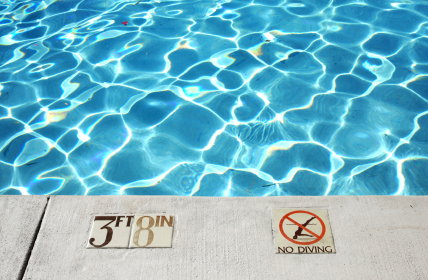
I was once asked to speak to a local youth leadership program on — well, it makes sense — leadership. That is what they were attempting to learn.
I’ve led in the business world, elected office, and now in ministry and on dozens of non-profit boards. Along the way I have observed a few things about leadership.
And some great leaders have appeared along the way.
I culled together 7 things I’ve observed and shared with the group things I felt they should know.
Here are 7 things great leaders do:
Great leaders never quit learning.
Never. So, if you want to be a great leader – you may need to systematize your learning. For example, you could read one chapter a day that you don’t have to read. Never attend a meeting without some way to take notes. That may sound trivial. It is not. It helps you remember but it also communicates you care about what is being discussed.
Side note: If you take notes on your electronic device (phone), be sure to tell people that is what you are doing. They will assume you are not paying attention.
Fact is, we gather far more information than we can retain. Get a system to help you keep up with the information that comes your way. I use Evernote and Google Docs. Find what works for you.
As soon as you think you already know what the teacher, professor, or someone older than you is talking about you’ve mentally closed your mind to learning anything new. I’ve got 3 post high school degrees (and working on a doctoral dissertation now) and that’s about enough education to convince me I don’t know everything.
Great leaders never underestimate a connection.
When someone introduces you to someone, consider it a high compliment. You will be surprised how often these relationships will come back around and work for good. Never burn a bridge. Be careful what you place on social media. Those are future connections. And respect your elders. Showing respect to people older than you now will ensure you receive natural respect from others when you are the elder in the relationship.
Great leaders have great courage.
The fact is, if you are a leader, you will not always know what to do. Seldom will you be 100% certain. The best leader is not always the smartest in the room. In fact, the best leaders I know surround themselves with people smarter than them. The best leader isn’t the most outgoing or the most extroverted. I’m perhaps one of the more introverted people in the room, but on Sundays, I appear otherwise.
The best leader is usually the one who is willing to lead others places they aren’t willing to go on their own. The one who has the courage to face the risks of the unknown.
Great leaders are motivated to lead for the good of others – not for personal recognition.
As a leader, you will many times feel under-appreciated. This is so huge — especially for your generation. You have been accustomed to rewards for achievement. Life is not always like that. There will be lots of things you do that no one will notice. Great things. Trophy-deserving things. And people will act – it will seem at times – like no one noticed and no one cares.
And, that may not be true. They may simply not have taken the time to let you know what an impact you had on them. Eventually we have to find our reward in the knowledge and personal satisfaction of “I did the right thing” as much, if not more, than the public recognition of that work.
Great leaders learn the words of successful leadership early.
The words of a leader carry great weight. If a leader makes it “my” team no one will buy-in to the team except the leader. But is that person really a leader?
Anyone can be a boss. To be a great leader your words should always be inclusive rather than exclusive. Great leaders know they can’t get there on their own so they become a fan of words like “we”, “us” and “ours”. They don’t brag on themselves they brag on their team.
The more you include people, the more they will feel included (see how simple this is) and they will be more likely to suffer with you for the win. Be an encourager, invest in others, and people are more likely to follow you.
Great leaders know that success often starts with humble beginnings.
Never underestimate the power of a moment.
All of the best things in life happened in a moment.
- A wedding proposal.
- A child is born.
- A college scholarship award is received in the mail.
We often look for the grandiose occasions, but the seemingly smallest moments can often have the biggest long-term impact. Never be afraid of starting at the bottom and working your way to the top. That is still a viable option – and the reward feels greater when you built it the hard way.
Great leaders learn to discipline themselves to decompress.
It is not usually built-in to the system. No one makes you rest.
During the busy seasons of life, when there is plenty of work to do and time is of the essence, which is most of our life if we set out to be leaders, you will have to discipline yourself.
- To re-calibrate.
- Refocus.
- Rediscover the passion that once fueled you.
- Re-connect, if needed, to those you love.
- To meditate, read, play tennis or golf, go for a run.
You have to discipline for that. And, I have learned it is life-essential.
Our bodies are designed, I believe created, to need rest. Sometimes the best thing you can do when you are stressed with school is to go for a walk. Never neglect your soul. It will protect you and help you sustain for the long-term – and help you finish well.
These are obviously random, but in my life they have become realities. In fact, so has the randomness of life.
Soak up leadership principles. Keep learning from others. Whatever field of work you choose – the world is still in need of great leaders.







Join the discussion 3 Comments